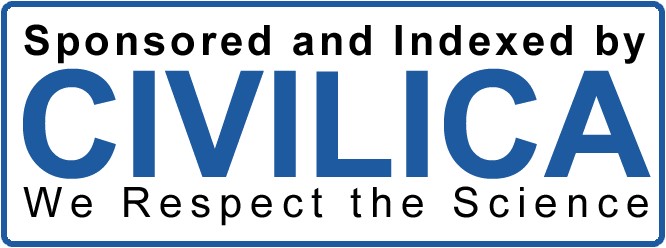Identifying Internal Barriers to Adopting Sustainable Behavioral Changes in Cardiac Patients: A Qualitative Thematic Analysis
Keywords:
Cardiac disease, behavior change, internal barriers, thematic analysis, qualitative researchAbstract
This study aimed to identify internal barriers to adopting and maintaining sustainable behavioral changes in patients with cardiovascular disease. This qualitative study employed thematic analysis. Data were collected through semi-structured interviews with 23 cardiac patients in Tehran, selected via purposive sampling. Interviews continued until theoretical saturation was reached. Data were analyzed using NVivo software, and trustworthiness was ensured through Lincoln and Guba’s four criteria. The analysis revealed three major themes: limiting beliefs and attitudes, emotional and psychological barriers, and identity and self-perception issues. A total of 18 subthemes emerged, including feelings of helplessness, belief in the futility of change, chronic anxiety, guilt, and non-acceptance of the patient identity. These internal factors significantly contributed to patients’ resistance toward lifestyle changes. The findings suggest that sustainable behavioral change in cardiac patients is influenced not only by medical knowledge but also by deep-rooted psychological, emotional, and identity-related barriers. Psychosocial interventions targeting belief modification, emotional support, and identity reconstruction may enhance patients’ adherence to healthy behaviors.
Downloads
Downloads
Published
Submitted
Revised
Accepted
Issue
Section
License
Copyright (c) 1403 Saeed Ahmadpour (Author); Elham Abbasi; Reza Gholami (Author)

This work is licensed under a Creative Commons Attribution-NonCommercial 4.0 International License.






